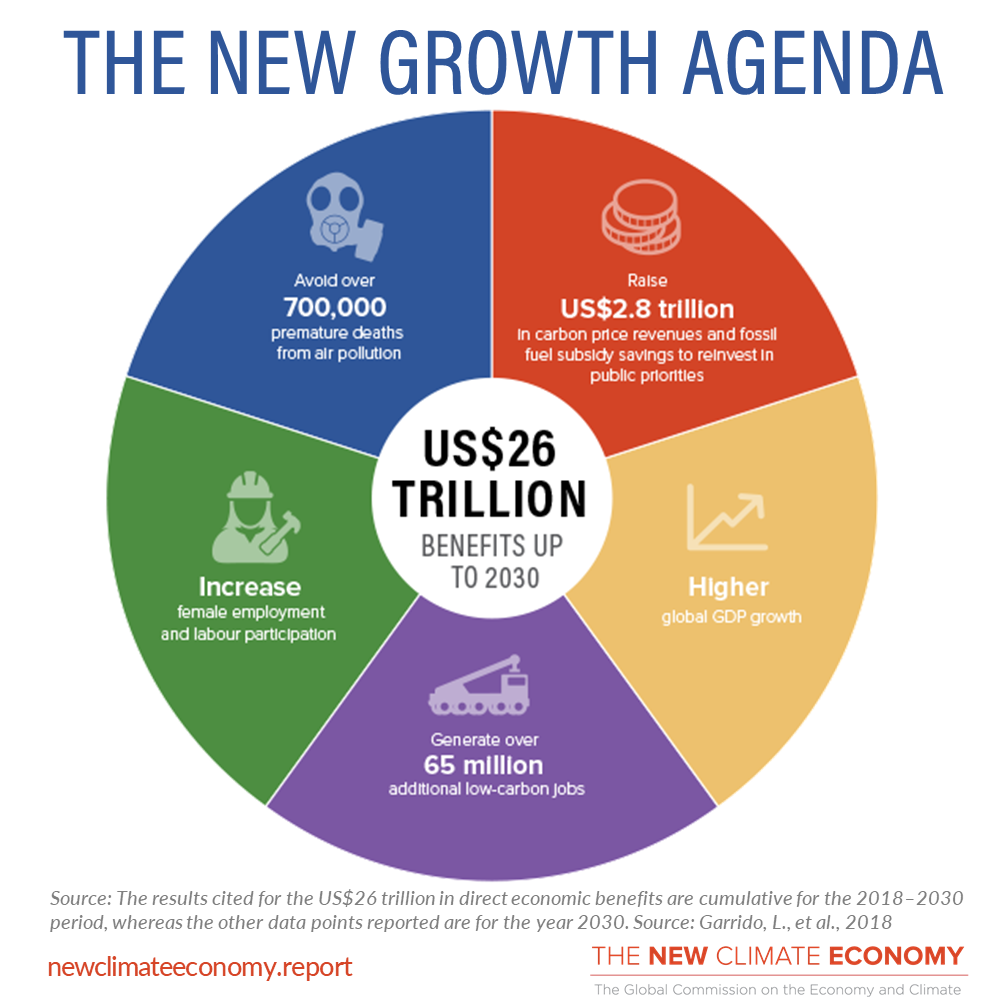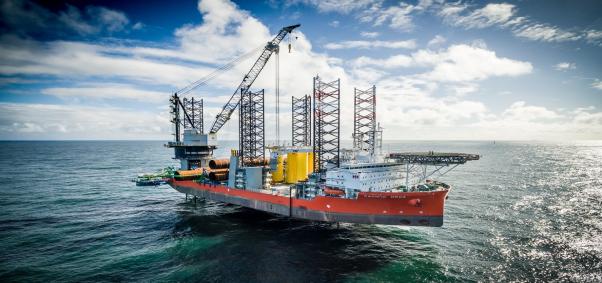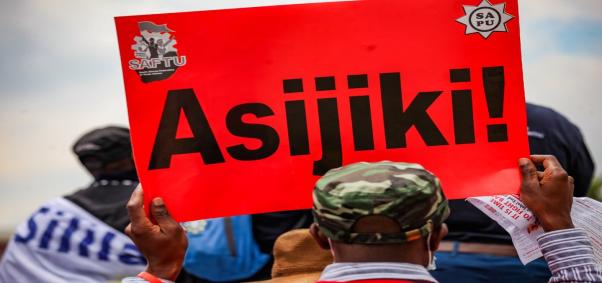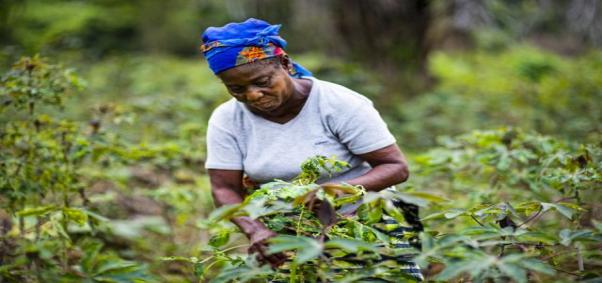
Ngozi Okonjo-Iweala on why climate leadership is a new growth opportunity for the world
By Ngozi Okonjo-Iweala
This article was orignially published in CNBC Africa.
Ngozi Okonjo-Iweala is a Co-Chair of the Global Commission on the Economy and Climate and former Finance Minister of Nigeria
The world is teetering on the cusp of a new economic era. This comes as major structural changes are shaping the global economy, like rapid urbanisation, major demographic transitions, increasing globalisation, a shift to service-based economies, and increasing automation. Can this tremendous shift deliver strong, sustainable and inclusive growth? Will it make people’s lives better? The decisions we make today will determine the answers to these important questions.
One thing should be clear to us all and especially to those who will gather next week at the Global Climate Action Summit in in San Francisco: we are all significantly underestimating the economic opportunity that can be gained from cleaner, climate-smart growth. New analysis is finding that bold climate action could yield a direct economic gain of $US26 trillion through to 2030, compared with business-as-usual. And we know that these numbers are likely to be conservative.
We are at a unique “use it or lose it” moment in history. Over the next 12-15 years, we expect to invest about US$90 trillion in infrastructure, more than the total current stock. Ensuring that the infrastructure we invest in is sustainable will be a critical determinant of future growth and prosperity. And the good news is that making it sustainable doesn’t need to cost more, on the contrary, it can lead to real cost savings. Significant technological and market progress over the last decade has already begundriving the shift to a new climate economy, proving that we can have strong growth, while acting on climate change. And we are already seeing real results: new jobs, economic savings, increased competitiveness and market opportunities, and improved wellbeing for people worldwide.
This period is also essential in terms of climate. The last 19 years included 18 of the warmest years on record. In 2017, weather- and climate-related disasters were responsible for thousands of deaths and US$320 billion in losses. Unless we act boldly on climate now, we will continue to see more frequent and more extreme weather events like these.
What will it take to unlock this opportunity? Among the most urgent priorities over the next 2-3 years are implementing carbon pricing and removing fossil fuels subsidies. This could generate more than US$2.8 trillion in government revenues in 2030, equivalent to the GDP of India today, for use toward other public priorities or to reduce distorting taxes. Other key priorities that can be catalytic are: accelerated investment in sustainable infrastructure, harnessing the power of the private sector and unleashing innovation, and ensuring a people-centered approach so that the gains are shared equitably and that the transition is just.
Women especially play a critical role in delivering and benefiting from inclusive, sustainable growth. Greater participation by women in the economy drives growth. And in countries where more women participate in political life, parliaments are more likely to set aside protected lands and ratify international environmental treaties. Given that women are often the most affected by a changing climate, and that they currently represent just 23% of parliamentarians worldwide, there is clearly an important opportunity to enhance women’s leadership in delivering this new growth agenda.
Accelerating towards a strong, sustainable, inclusive economy requires decisive leadership. Finance Ministers, in particular, play a critical role in guiding investments and setting the right conditions to unlock much-needed private capital at scale. When I served as Finance Minister of Nigeria, for example, we worked to reform petrol subsidies in 2012. Some $13bn worth of petrol subsidieshad been burdening the Nigerian national budget, and we were able to redirect some of those funds to much more productive ends. Within a year, our programme to reinvest the savings from what was previously spent on subsidies meant we could finish renovation of a north-south national railway, as well as introduce improved maternal and childcare services in 500 primary healthcare centres. Others have found similar benefits: in Indonesia, fuel subsidy savings in 2015 were reallocated to major investments in social welfare and infrastructure through increased budgets for ministries, state-owned enterprise, and transfers to regions and villages. Using lessons learntfrom Nigeria, Indonesia and other countries, Finance Ministers can take bold steps to lead whole of government approaches to growth that can deliver development and climate objectives.
We can eliminate extreme poverty, prevent dangerous climate change, and improve the lives and livelihoods of millions. But only if we set out to do so decisively. Fortunately, we still have a window of opportunity to deliver a better world with more efficient, livable cities;with low-carbon, smart energy, mobility and water for all;and through the restoration of degraded lands while protecting valuable forests.
There can be no kicking the can down the road. Each effort underway around the world must build on the last to tip the world over the cusp and into a better future for all.






